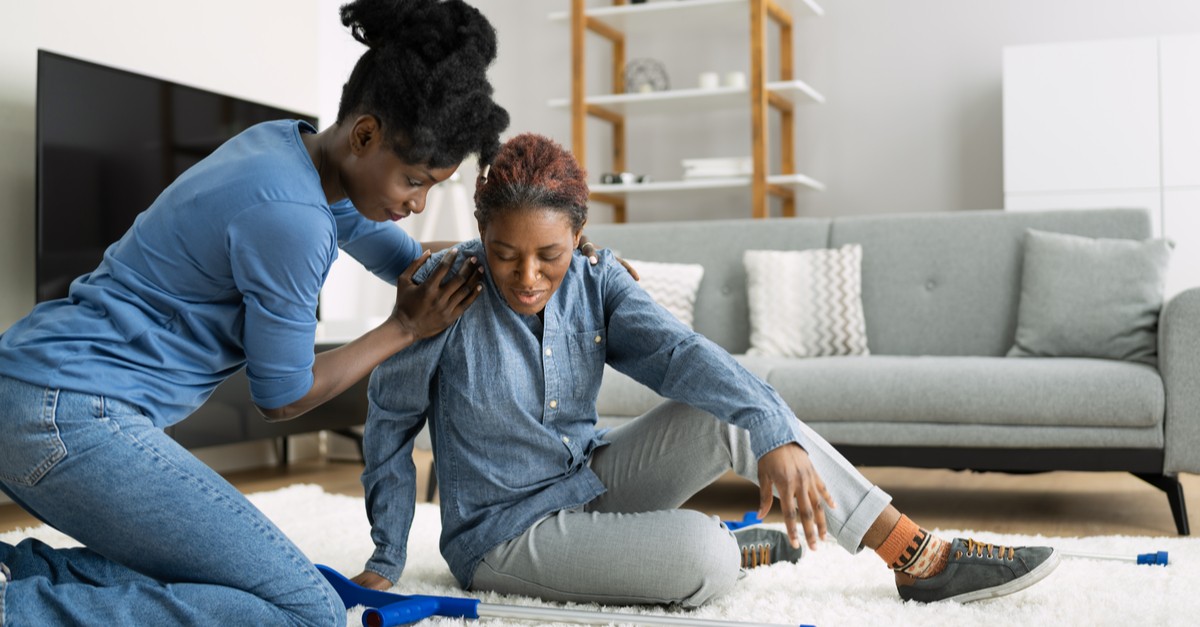
By Roger G.
Those who accept the role as a caregiver to an aging parent, or family member, are special people. Not only must a good caregiver know how to responsibly take care of an aging individual, but they must also learn how to maintain a proper balance between their own personal life and their duty as a caregiver.
Here are a few suggestions that will make your job as a caregiver an easier one.
Take Care of Yourself:
The role of caregiver can be physically and emotionally demanding, so it’s important you maintain good health and well-being in order to effectively take care of those in your charge.
Take time for yourself. Don’t let the role of caregiver dominate your life. Whether it’s reading, watching a movie, shopping, or socializing, don’t be afraid to ask a friend or family member to stay with your loved one while you do these things.
Get regular exercise and maintain a healthy diet. The exercise doesn’t have to be long, or strenuous. Even a few minutes a day walking or some light aerobics will boost your energy levels. When you’re busy it might seem easier to grab some fast food, but preparing a healthy meal doesn’t take long and a good diet will help carry you through each day.
Recognize Your Emotional States:
Giving care to an aging person can be stressful and you will experience a wide range of emotions as a caregiver. You may feel loved, appreciated, and needed, but you may also feel worried, frustrated, and overwhelmed. This is quite natural for a caregiver and you have to accept this as part of giving care to someone.
Accept that you’re not perfect and give yourself full credit for the effort and love you put into being a good caregiver. When you feel resentment or anger, share your feelings with those who understand what it’s like.
Accept Help:
As a good caregiver, it’s not your role to do everything, all the time. Never hesitate in asking for help from family and friends. You should even look at community organizations like the following:
- Respite services that can provide someone who will stay with the person while you get out of the house for a few hours.
- Adult day centers where a person who does not need individual supervision can stay during the day
- Adult foster care or board-and-care homes are private homes where older adults receive around-the-clock personal care, supervision, and meals.
- Nursing homes that can provide intermediate care for those requiring assistance using the toilet and dressing, or personal care for people who don’t have serious medical conditions.
- Hospice programs providing social, personal, and medical services for terminally ill patients who wish to spend their remaining time at home.
- Support groups that can give you an opportunity to discuss problems or concerns about giving care with other caregivers.
Get Information:
The more you know the better caregiver you will be. List all the health care professionals who have taken care of your elder in recent years and document the types of services received and for what conditions.
Ask the doctors about anything and everything that’s not clear to you. Take detailed notes about prescriptions, the doctor’s instructions, and about changes in the elder’s condition.
Ask how legal and financial affairs should be handled.
Respect the Person:
Unless the person is mentally incapacitated, be sure their wishes are considered when making care plans. As a good caregiver, give them the dignity and courtesy that you would expect if you were the one being taken care of. Respect their decisions and choices.
Support the Person’s Independence:
Even if they don’t admit it, people like to help themselves and one of the biggest mistakes a caregiver makes is providing too much care. A good caregiver will allow the person in their care as much control of their own life as possible.
Let the person decide what to wear, what to eat, or when to go to bed. Maintain their involvement in the continued care and feeding of pets, decisions, shopping, and cleaning.
Remain Flexible:
In your role as caregiver to a senior, there will be many changes. Some will be good, others could be bad. Recognize this and be open to change.

